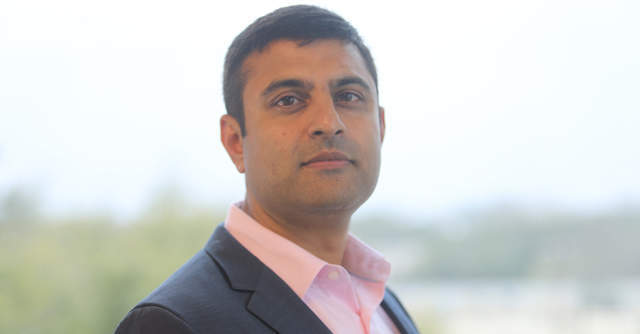
Design software firm Autodesk to acquire minority stake in Aurigo Software


Design software and services company Autodesk will acquire a minority stake in Aurigo Software, which provides software services for construction and infrastructure projects.
The deal will help San Rafael, California-based Autodesk tap into Aurigo’s market and bolster its construction technology offering, according to a statement on Tuesday.
Financial details of the transaction went undisclosed.

Autodesk will integrate Austin, Texas-based Aurigo’s software with its Construction Cloud, a portfolio of construction management software and services, as per the statement. Its suite of services include an end-to-end technology platform to design, plan, construct and operate infrastructure and private assets.
With the partnership, Aurigo plans to extend its sales distribution beyond the US and Canada over the course of the next few years, as the infrastructure lifecycle challenges are universal in nature, Balaji Sreenivasan, CEO and founder of Aurigo Software, told TechCircle.
Founded in 2003, Aurigo provides software services to companies that construct public infrastructure such as roads, bridges, airports and water facilities.

Its flagship product, Aurigo Masterworks, is used across North America to plan and deliver over $300 billion in capital programmes, the statement said. Over 40,000 projects across North America use Aurigo products, including infrastructure programmes with several public infrastructure departments, it added.
The company has wholly owned subsidiaries in Bengaluru and Toronto. Of its 350 employees, 260 are based in Bengaluru, Sreenivasan told TechCircle.
While the US offices include its business and technology leadership, sales, pre-sales, marketing, first line support, product architecture and professional services teams, the offices in Canada serve as a project delivery and support centre for Canadian customers.

Aurigo’s global research and development centre in Bengaluru comprises the bulk of the company’s product development, solution engineering, cloud operations and sustenance engineering, Sreenivasan said.
The company had a compound annual growth rate (CAGR) of over 60% between 2014 and 2019, and a year-on-year growth of 80% in 2018-2019, he said. “We anticipate over 50% growth from 2019-2020. We are fully profitable with zero debt. However, I am unable to disclose our revenues at this time,” he added.
